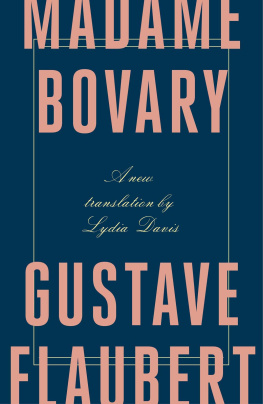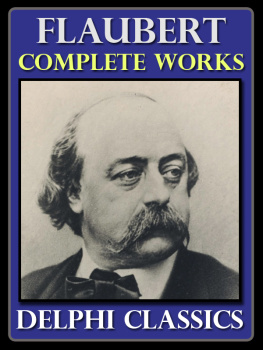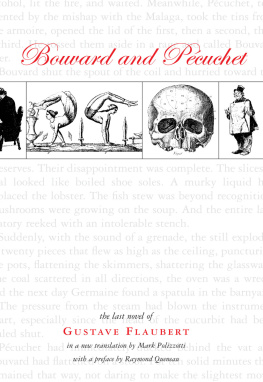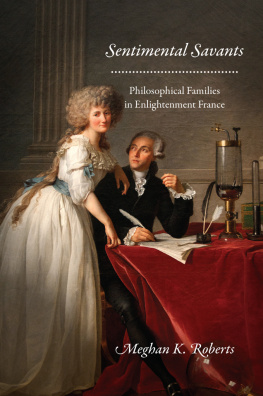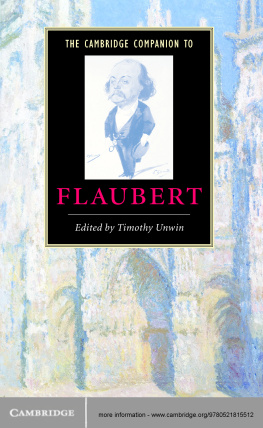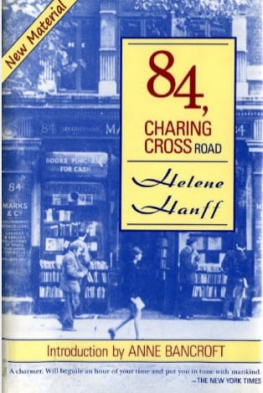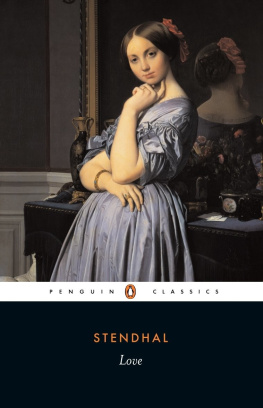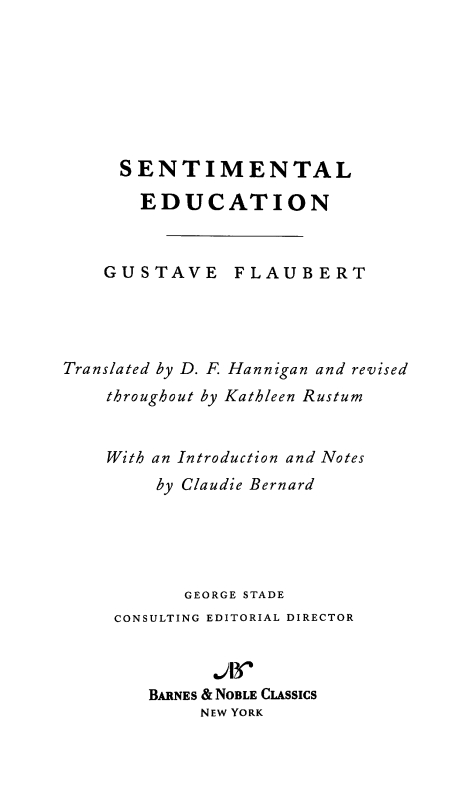
Table of Contents
FROM THE PAGES OFSENTIMENTAL EDUCATION
Never before had he seen more lustrous dark skin, a more seductive figure, or more delicately shaped fingers than those through which the sunlight gleamed. He stared with amazement at her work-basket, as if it were something extraordinary. What was her name, her home, her life, her past? (page 9)
Without ideas, there is no greatness; without greatness there is no beauty. Olympus is a mountain. The most astonishing monument will always be the Pyramids. Exuberance is better than taste; the desert is better than a sidewalk, and a savage is better than a hairdresser! (page 54)
The dinners started again; and the more visits he paid at Madame Arnouxs, the more his lovesickness increased. The contemplation of this woman had an enervating effect upon him, like the use of a perfume that is too strong. It penetrated into the very depths of his nature, and became almost a kind of habitual sensation, a new mode of existence. (page 78)
He displayed high spirits on the occasion. Madame Arnoux was now with her mother at Chartres. But he would soon come across her again, and would end by being her lover. (page 98)
What are you to do in an age of decadence like ours? Great painting has gone out of fashion! (page 126)
There was a look of peculiar sadness in Madame Arnouxs face. Was it to keep him from further reference to the memories they shared? (page 152)
Then began for Frdric a miserable existence. He became the parasite of the house. (page 191)
So happiness is impossible? (page 223)
Then, forgetting his own troubles, he talked about the affairs of the nation, the crosses of the Legion dhonneur wasted at the Royal Fte, the question of a change of ministry, the Drouillard case and the Bnier casescandals of the daydenounced the middle class, and predicted a revolution. (page 243)
And they pictured a life entirely devoted to love, sufficiently rich to fill up the most vast solitude, surpassing all other joys, defying all sorrows; in which the hours would glide away in a continual out-pouring of their own emotions, and which would be as bright and glorious as the shimmering splendour of the stars. (page 303)
Spare nothing, ye rich; but give! give! (page 337)
Four barricades at the ends of four different routes formed enormous sloping ramparts of paving-stones. Torches were glimmering here and there. In spite of the rising clouds of dust he could distinguish infantrymen and National Guards, all with their faces blackened, disheveled, and haggard. (page 373)
This event was a calamity which, in the first place, put off their separation, and, next, upset all his plans. The notion of being a father, moreover, appeared to him grotesque, unthinkable. (page 402)
Have you twelve thousand francs to lend me? (page 452)
I would have liked to make you happy! (page 473)
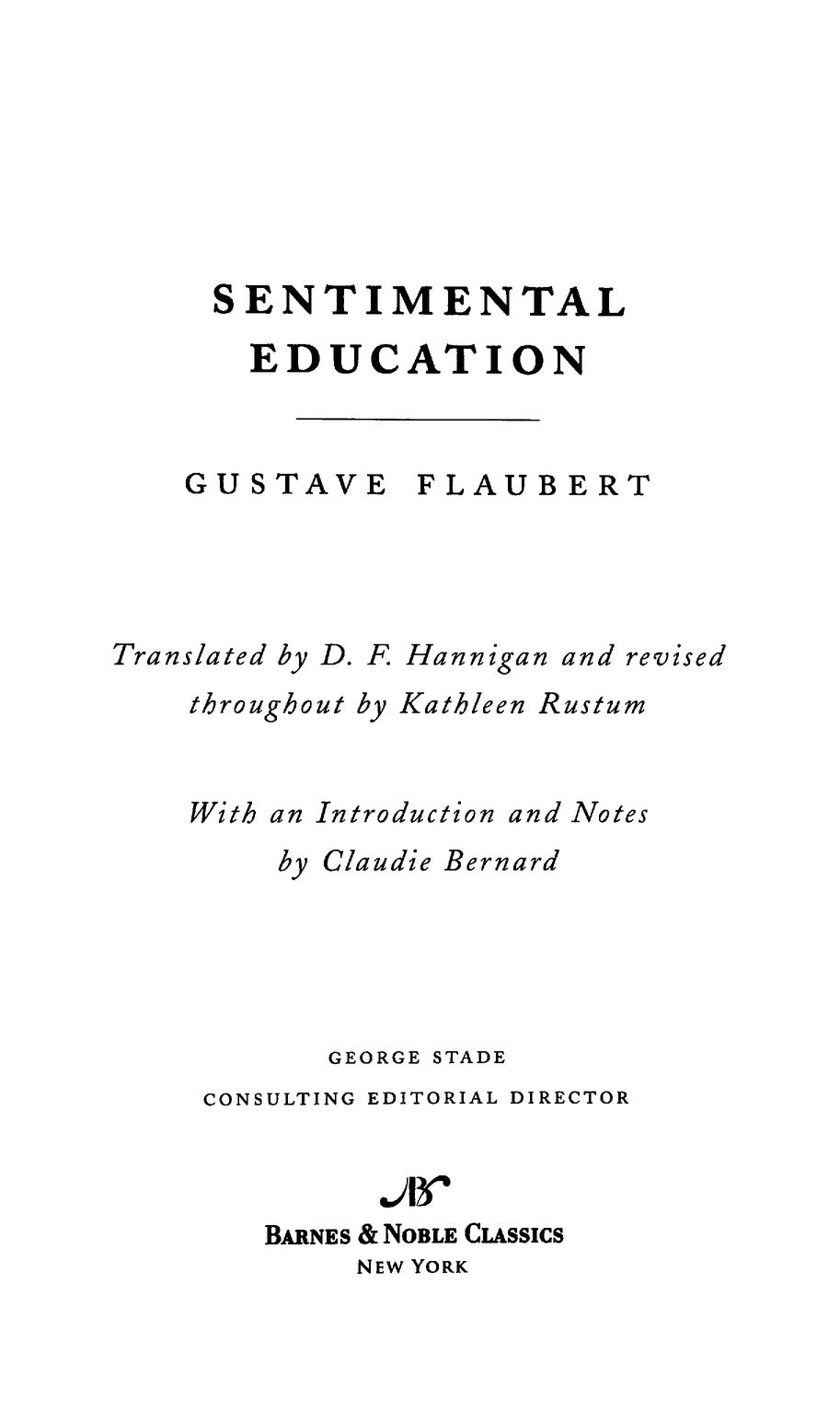
GUSTAVE FLAUBERT
Gustave Flaubert was born in 1821 in Rouen, France. His father, a respected surgeon, raised his family in quarters near the hospital where he worked. Gustave was a deeply romantic young man, and he developed an early and permanent disdain for the life of the French bourgeoisie. Its banalities and exigencies trapped him for a time, as he was encouraged to study law, like many a respectable bourgeois son. However, in 1844 his schooling in Paris came to an abrupt halt when he had a series of health problems resulting in seizures and a coma. These attacks, now thought to be symptoms of epilepsy, required Flaubert to leave school and return to the provinces. Established on his estate in Croisset, he dedicated himself to his true passionliterature.
Flauberts convalescence was soon disrupted. His father died in January 1846, and his beloved sister, Caroline, who had recently given birth, died six weeks later. In his mid-twenties, Flaubert became head of a household that now included his mother and his sisters daughter. Although the three lived a placid country life together for many years, Flaubert often visited Paris, where he fell in love with Louise Colet, cultivated a friendship with writer and photographer Maxime du Camp, and witnessed the Revolution of 1848. He worked for many years on a novel, The Temptation of Saint Anthony (finally published in 1874), that in its early drafts was criticized by his friends for being overly romantic.
Upon returning in 1851 from a tour of the Near East, he began a novel in which he experimented with a new narrative style. Working tirelessly for almost five years, taking great care over each sentence, Flaubert composed his masterpiece, Madame Bovary, the story of a disenchanted provincial wife. When it was published (in installments in 1856, in book form in 1857) Madame Bovary caused a sensation; its frank depiction of adultery landed Flaubert in the courts on charges of moral indecency. Exonerated, the author became a respected frequenter of the Parisian salons, was awarded the French Legion of Honor, and formed friendships with George Sand, mile Zola, and Guy de Maupassant.
Although he continued to visit Paris frequently, Flaubert lived for most of the year in Croisset, where he wrote and revised his works, and amassed an astonishing body of correspondence. He is also remembered for his novels Salammbo (1862) and Sentimental Education (1869) and for the collection Three Stories (1877). Financial troubles beset him late in his life, and he spent his final years somewhat isolated and impoverished. Gustave Flaubert died on May 8, 1880, in Croisset.
THE WORLD OF GUSTAVE FLAUBERT ANDSENTIMENTAL EDUCATION
| 1821 | Gustave Flaubert is born on December 12 in Rouen, France. His father is a surgeon and medical professor; his mother is from a distinguished provincial bourgeois family. |
| 1824 | Flauberts sister, Caroline, is born. |
| 1829 | Honor de Balzac publishes Les Chouans, his first literary success and the earliest of his works to be included in what he later will call La Comdie humaine (The Human Comedy). |
| 1830 | Victor Hugos Hernani appears, as does Stendhals Le Rouge et le Noir (The Red and the Black). The July Revolution results in the abdication of King Charles X and the establishment of the citizen king Louis-Philippe. |
| 1831 | Hugos Notre-Dame de Paris (The Hunchback of Notre Dame) is published. |
| 1832 | Gustave enters school at the College Royal in Rouen; he studies the ancient Greeks and Romans, and favors such Romantic writers as Goethe, Byron, Chateaubriand, and Hugo. |
| 1833 | George Sands Lelia appears. Jules Michelet publishes the first volume of his monumental Histoire de France (History of France); the seventeen-volume work will be completed in 1867. |
| 1836 | Flaubert falls deeply in love with Elisa Schlesinger, eleven years his senior; he later will take her as his model for several of his literary heroines. |
| 1837 | An avid writer from an early age, Flaubert publishes two stories. |
| 1840-1841 | He begins studying law in Paris. |
| 1844 | Flaubert has his first nervous attack, probably an epileptic seizure. The resulting coma and further illness cause him to abandon his legal studies for the life of a writer at his estate in Croisset, on the River Seine between Paris and Rouen. |


